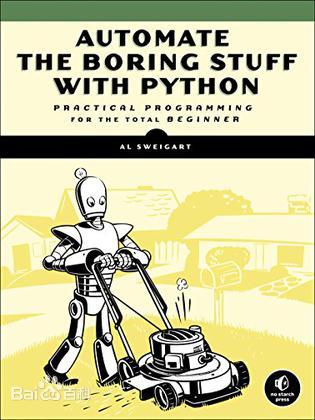The rapid advancement of technology, such as artificial intelligence (AI) has impacted all industries, including education. In this short course, students will explore the concept of AI and the potentials of effective use of technology and data in teaching and learning in 21 centaury.

The notion of educational dialogue is to indicate an approach based upon an open mutually enriching interchange of ideas, values, and experiences, undertaken in a spirit of reciprocal respect, and with a shared understanding of expectations of positive interactions and shared awareness of the importance of values. In this respect, dialogic education is not only about teaching and learning knowledge through dialogues but that teaches students to be better at engaging together in dialogue and learning from the experience of participation in the dialogue. In doing so, it can promote deeper knowledge comprehension as well as cultivate critical, creative and collaborative thinking skills of individual students, and enhance relationships between young people (and their communities) to achieve collective intelligence among them, contributing to a better future.
With this course, students will have the chance to both know the meanings, history, theoretical underpinnings, and contemporary approaches to implementing dialogic education, and to will increase their own dialogic skills and competencies, especially in a collaborative educational or organizational working context. The course is designed based on a dialogic project-based learning pedagogy, in which a variety of teaching and learning activities, such as lectures, discussions, workshops, and other creative and dialogic modalities, will be included.

This course is intended to teach coding skills to beginners. It will provide a solid foundation from which students could then look to do more advanced courses, should they so choose. The first part of the course will cover basic Python programming concepts, and
the second part will cover various tasks that can be automated by a computer through Python programming. There will be 2 practical assignments to complete and the course will culminate in students building a real-world app.

This course is a one-week stand-alone summer semester course, which includes five lectures. This course is designed for all students from different majors in teacher education. The course requires no specific prerequisites as long as learners are interested in conducting teaching research and learning analytics studies in their future careers as teachers.

The expressive constructivism model of learning directs teacher towards the learner as an active, creative individual who is best served by tools for expression on the one hand and by tools for evaluation on the other.
This course will structured around ten of key features of technology that might enhance expression and evaluation. By asking whether a design for use in education exploits these features, we can evaluate design proposals or consider what might be missing when a technology does not seem to work well. The analysis also acts as a framework for decision making when comparing alternative technology choices for their likely effectiveness in learning situations.

This is a practical course in which participants will use generative AI in a collaborative inquiry revolving around three issues of concern in education. These are:
1.The tension between linearity and non-linearity in learning, teaching, institutional organisation and assessment
2.Learning in the natural world and in art
3.AI and non-linear learning
